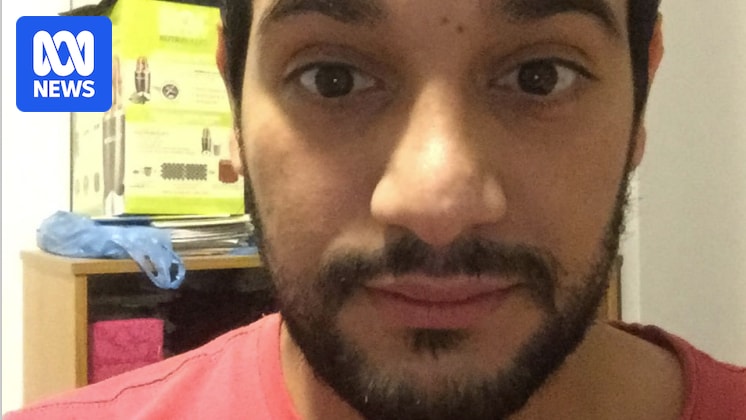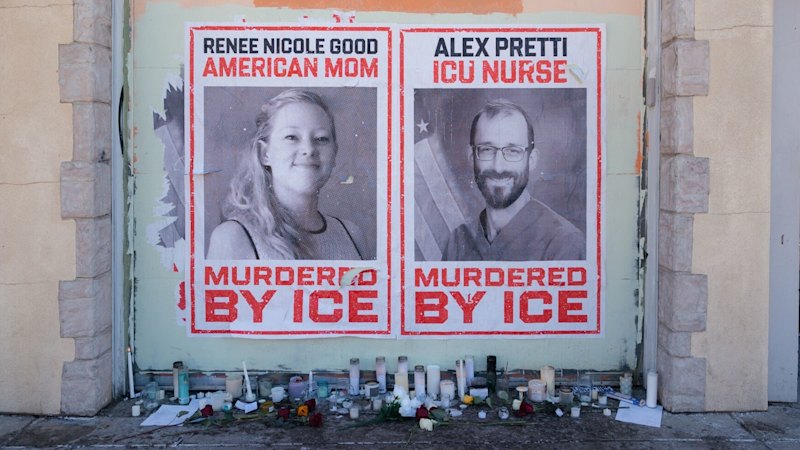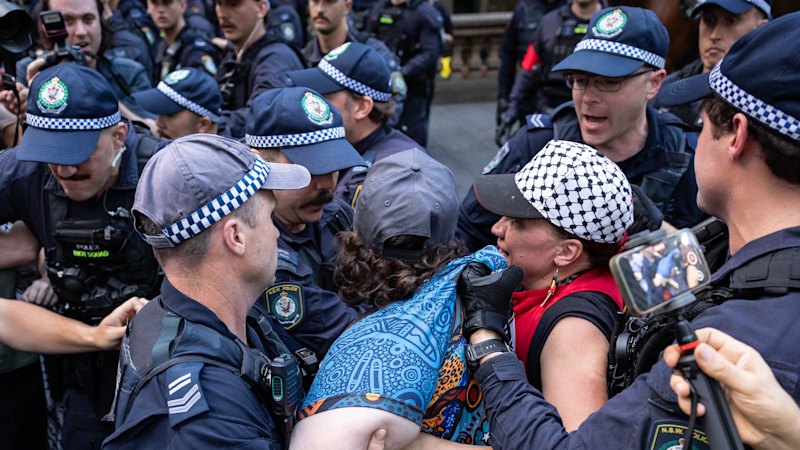
The alleged mastermind behind a $343 million transport contract rigging scandal is missing, complicating an ongoing corruption inquiry. Ibrahim Helmy, a former Transport for NSW (TfNSW) employee, is accused of receiving over $11.5 million in corrupt rewards, including cryptocurrency, gold, and cash payments. Authorities are uncertain about Helmy’s whereabouts, and he is not expected to testify at the Independent Commission Against Corruption (ICAC) inquiry.
During a hearing in Sydney, Rob Ranken, Counsel assisting ICAC, detailed allegations that Helmy orchestrated a scheme involving four colleagues to ensure businesses with corrupt ties received lucrative contracts. These contracts ranged from $12 million to $99 million, according to Ranken. The inquiry, known as Operation Wyvern, marks the fourth public investigation into TfNSW since 2019, focusing on the arm responsible for road network maintenance and construction.
Operation Wyvern: Unpacking the Allegations
Operation Wyvern has been scrutinizing allegations of corrupt conduct within TfNSW since February of last year. Ranken highlighted that previous investigations revealed manipulation of procurement and contract management processes for corrupt benefits. “We expect the evidence is likely to establish that also to be the case in this investigation,” Ranken stated in his opening remarks.
The investigation centers on Helmy, who worked at TfNSW for 15 years until his termination in February. The inquiry encompasses a network of nearly two dozen individuals. Allegations against Helmy include rigging the awarding process for $343,139,770 in roadwork contracts from 2012 to 2025, ensuring businesses he allegedly had private dealings with secured work.
“In exchange, Helmy allegedly received large sums of cash, cryptocurrency, gold, and other valuables worth $11.5 million, some of which were allegedly ‘cleaned’ in bank accounts belonging to a friend,” Ranken explained.
Corruption Mechanics and Beneficiaries
The inquiry heard that Helmy allegedly manipulated the panels responsible for awarding contracts, ensuring they were staffed with individuals who would favor businesses paying him kickbacks. He is accused of assisting these businesses in writing tenders, sharing competitors’ pricing, and adjusting rates in competitors’ submissions.
Helmy allegedly targeted smaller businesses, courting their participation in the scheme. Under this arrangement, one business was awarded $99 million in work from April 2020 to September 2024. The ICAC claims Helmy’s actions helped secure contracts for eight other companies between 2012 and 2023. Directors of some involved companies are expected to testify at the hearing.
Helmy’s Elusive Whereabouts
Authorities remain uncertain about Helmy’s location, though they believe he is still within the state. He was interviewed by ICAC in September, but his examination remains incomplete. On December 22 of the previous year, the ICAC was alerted that Helmy attempted to leave for Shanghai from Sydney International Airport using a US passport, as his Australian passport was held by ICAC.
“A family member has told the commission that Mr. Helmy took the rubbish out on a Sunday night and did not return,” Ranken informed the hearing. “The family has not reported him missing.”
NSW Police have issued an arrest warrant for Helmy after he allegedly failed to appear before ICAC. On September 10, 2024, ICAC officers, alongside NSW Crime Commission and NSW Police, searched several properties linked to Helmy, seizing significant assets including cash, gold, silver, and cryptocurrency.
Institutional Oversight and Consequences
Ranken criticized TfNSW for failing to recognize red flags for corrupt conduct. He noted that an inadequate response to a report from a TfNSW employee alleging improper influence by Helmy allowed the scheme to remain undetected. “It is of notable concern that the referral to the Commission which ultimately led to this investigation was received from a party external to TfNSW,” Ranken emphasized.
The hearings are expected to continue for several weeks, with no criminal charges yet laid in connection to the investigation. The case underscores ongoing challenges in detecting and preventing corruption within public institutions.
As the inquiry unfolds, authorities are keenly focused on locating Helmy and unraveling the full extent of the alleged corruption network. The outcome could have significant implications for future oversight and regulatory practices within TfNSW and similar agencies.






